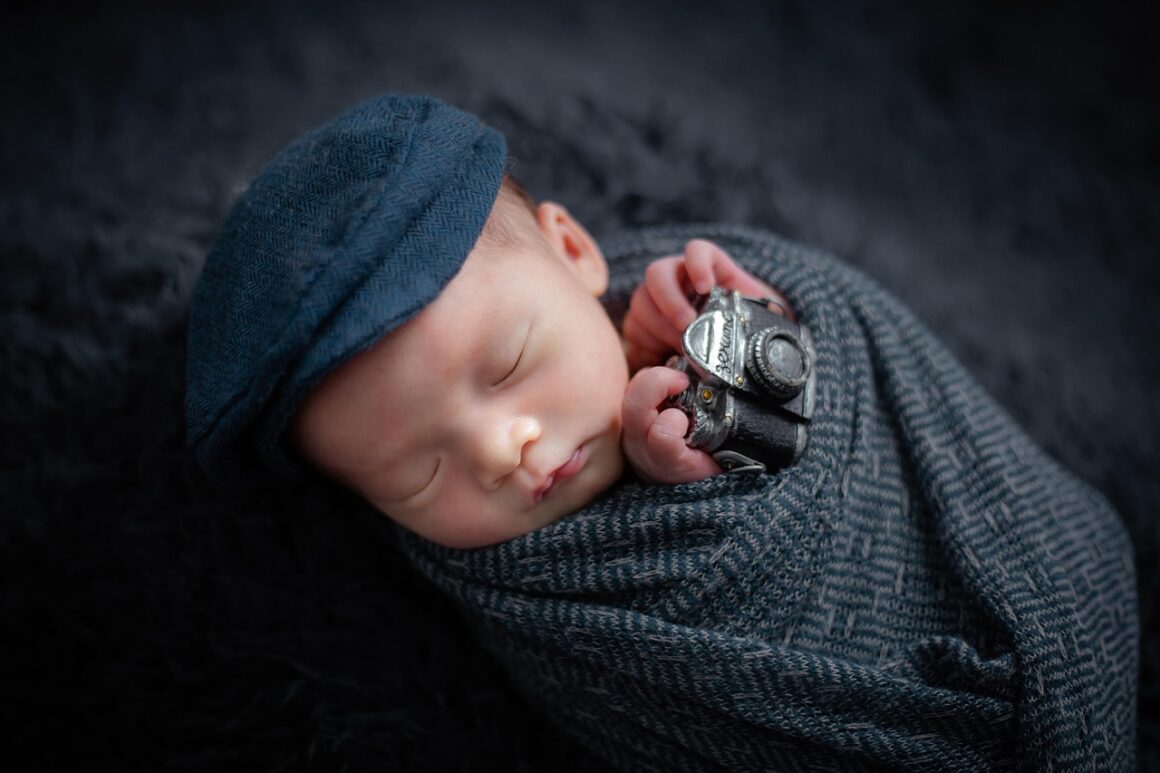As a first-generation American, my Central American parents had many goals and dreams for me. From a young age, I knew that they wanted me to be a doctor, the first doctor in the family. I can still remember when I was five and for Christmas getting a doctor box kit instead of the Bratz dollhouse I had been begging for because “Doctors don’t play with toys, they save lives. We need to save lives.”
They constantly reminded me of the things they wanted me to achieve in life. Often guilt-tripping me into thinking that it was also what I wanted, saying that we needed to give the family name some meaning. They wanted to be able to boast about how their child made it; how their sacrifice of coming to America allowed me to be the person they imagined I would become. The downside of their American dream? It was not my dream.
I knew from a young age that I wanted to have some sort of job in the arts. I remember thinking I was going to be my generation’s Diana Ross, with a hint of Janis Joplin. I thought I was going to win an Oscar for my role/directorial debut in a highly-acclaimed semi-autobiographical indie drama. I wanted to be a dancer and move to Paris for an extensive ballet career, becoming the youngest and first Afro-Latina to be the lead in the Black Swan or The Nutcracker. I wanted to write and direct a telenovela, despite the fact that my Spanish is basically Spanglish. However, anytime I mentioned these dreams and aspirations, I was shot down because “That isn’t realistic. Be honest with yourself, who would ever choose you for that? You’re better off being a doctor, you have a brain by the grace of God. You need to use it and make something of yourself and this family.”
As I grew up, I realized that the only reason they pushed for me to be a doctor is that it was their dream. In moving to America, for them, that dream was essentially thrown out the window. They wanted to give their families names, but because they couldn’t themselves, it was now my job and since I was born and raised in America, I had no excuses other than laziness and not being grateful for my blessings. I was told that because I didn’t want to be a doctor, I was shaming the family. Being raised with this mentality, broke me as a child. I never felt good enough for my family because all of the things I wanted to do were seen as a disgrace or an insult to their sacrifice.
Now that I’m older, however, I know what I want to do and I am going to stick to it. Every time they would and still say that me wanting to be a journalist is a waste of my time and a horrendous idea, I find myself thinking just because I’m smart and have the brains does not mean that I have the heart. It hurts that they do not approve, but I’ve come to terms with the fact that it is MY life at the end of the day.
So, do I want to be happy or do I want to spend my days doing something in order to make others happy?
Many parents, specifically parents who have immigrated to another country, have very (un)realistic goals for their children. I say (un)realistic because they are genuinely realistic goals, just not for their children, whom they’re imposing these goals on. Children should be allowed to, as long as it’s not hurting anyone, pursue what they want in life because we should want the best for them as parents. Why live vicariously through your child when you can live with them now, in the present, and support what makes them, them?




